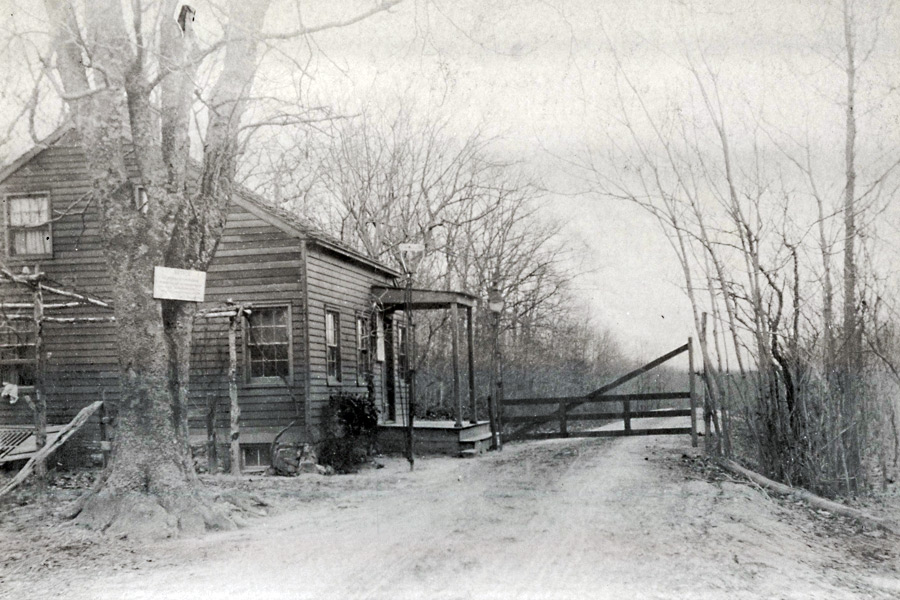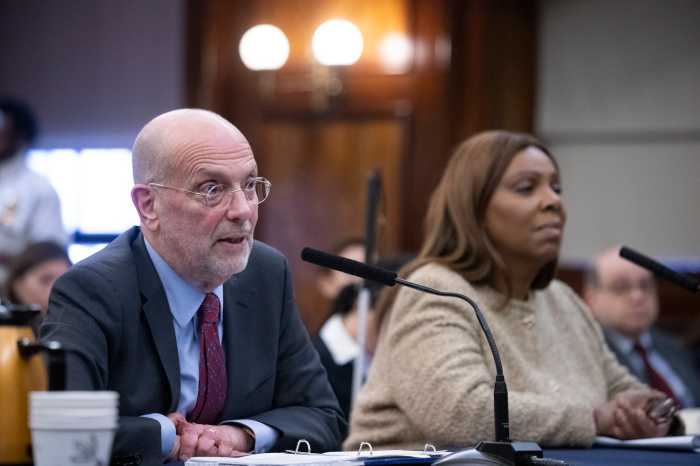The hot Hamptons real estate sales and rental markets have drawn first-time homeowners and investors to this marketplace. Most of these new investors have done quite well getting started. It is not so difficult to do well when the numbers and conditions are in your favor. But how do you maintain your Hamptons home investment value over the long run? Because nothing lasts forever.
One of these thoughtful new investors reached out with an interesting question: What was the biggest takeaway from your first Hamptons home investment?
There are certain things I wish I had been told before embarking on my own property ownership journey and my first purchase in the Hamptons was for a mix of personal and investment use. I was climbing the ladder like everyone else. The circumstances turned out rough, but the end result was a gem. I learned.
Not as fast as I wish I had. I’m watching new investors struggling and it is breaking my heart. Because I know the road they’re heading down. It is not… fun.
First of all, once you have purchased a property, get it on a seasonal and annual home maintenance schedule with a reputable company that shows up. Already the odds are stacked against anyone who doesn’t know who those people are out East. You think you will be able to manage it all, but you probably will not unless you and your career are headed in the same direction. Some, like me, do fall in love. Most do not.
Homes take work. Understand what it entails and know it is OK to ask for help. We have some great service providers who do this stuff all day and are able to give a heads up when things are about to go south, not after it has already happened. Much less expensive in the long run.
If you’re offering the home for rent, know your numbers every year as far in advance as you can. You will not set the asking price at your bottom numbers, but if you know what they are, it is easier not only to negotiate, but also to understand where the market is in comparison to reality.
Participation opens up a new world into stock market insights for people who play those markets. When you start to understand how people are relating to their homes and free time on this, actually on a quite personal level, it’s easier to understand some other things too.
There is always a hidden benefit that you will never be able to see when you set out. There is almost always a hidden cost.
Hamptons homeowners can sometimes find pricing disjointed, mostly because they do not know or understand their numbers. Tenants hardly ever do.
If you end up renting consistently off-season, congratulations, it means you made a choice on a home that feels comfortable all year long. Not all of them do. These should be bonus months in your planning.
Prices and costs should always trend together, but be prepared for random years with potential losses. It’s not an exact science and those who aren’t careful can lose money in an improving market.
I’ll share a secret with you: There is always a reason when something seems off. If you know your numbers and listen to your gut, you will have a better chance of understanding what it is and making the necessary adjustments to ensure your investment success.
It’s not ever only about the right price. Sometimes it’s also about attracting the right people to the right price. That’s where professionals come in if you don’t know how to take it from there.
The stakes are too great to be petty or unthoughtful with this stuff. The minute you sense that. Run.
Update your rental listing for the following summer as soon as you can after Labor Day, if not before; tenants searching in September and October can be the most committed because they would like to feel secure in their plans. They also typically have their finances and lives balanced enough to plan in advance. Some things say more than a reference.
Don’t panic if you can’t set the price until October. It’s very good then too, if it’s a good season. They usually are. Don’t give up yet.
There is also a January/February rental market in typical years, like we’ve seen return in this past offseason, but after that, you’re usually testing the waters on what’s left, like we are right now. It’s a challenging time, there could very likely be some last-minute rental inquiries as people look up toward the sun. Make sure you are ready to attract them if they come.
Pricing should reflect fluctuations in costs. From service vendors updating their price schedules, property taxes and insurances being adjusted, to whatever design-related expenses you may decide to make in a particular year keeping up with the trends.
Owners who don’t receive offers in keeping with their costs, often will choose not to rent that year. It’s not worth the cost to their calendars for no profit. And they can afford the investment for a year without it, they’ve planned for this – there is usually the equity bonus at the end of the day to look forward to anyway. Rentals can sit empty, and sometimes, that is the best decision for the landlord.
The bigger update costs, like a roof or significant refurnishing, typically get reimbursed in cash flow over time or in the selling price when you get there. Protect both.
Always consult your accountant about your specific situation and work depreciation the right way. Tell them all your potential scenarios, including the worst, going into it. They may have some good advice to help keep you going.
It’s not all doom and gloom, there should still be plenty of benefits on your tax bill and in your pocket if you do things correctly. But don’t forget, the house next door can come down any second and your rental season could be gone regardless of market conditions.
It is important to maintain and replace things when needed and in keeping with the home’s total lifetime, not 6 years after your agent, last tenant, or handyman pointed it out.
This is how we end up with listings that everyone considers teardowns, but the sellers do not see it.
It is expensive to fix a hodgepodge job that isn’t even in the realm of trending out here, and finding the right people to do it can be challenging, unless you have a great team. It’s usually not worth the team effort when you can just build to suit somewhere else. Listen to feedback, within reason.
Set aside a portion of the first few years’ rental income to be available when those times to update or the surprises — you will have them —come.
Now you’ll be in flow for how you’ll likely be for the lifetime of the investment. There are not always going to be extra paid vacations from it. If you’re not an experienced professional, it’s great to be able to afford a home in the Hamptons, should be the attitude.
If you are not an experienced design professional, it is highly advised to seek guidance on what’s trending before spending any money on it.
Agents work closely with interior designers for more than just helping one house look its best immediately leading up to a sale. They are your partners for the lifetime of the investment, at any price point. Study photos of rented homes and figure out what they have in common.
You will likely pay a commission to an agent when you ultimately sell. Use these resources to help you get the best price from the very beginning, and you will fully understand the value of the checks you end up writing.
Preference cycles shift more often in the Hamptons than in primary home markets. There is always a least desirable type of house and you do not want yours to be one.
The best agents point you in the right direction along your entire journey, just as designers and contractors do for the lifetime of the particular home investment project. Take them with you when they do a good job, forget everything else that happened while you learned. It’s usually not their fault.
If you are considering renting your home year-round, keep an eye on changing New York State laws relating to increasing your prices in response to your cost.
You may think renting annually is your fallback plan if you do not rent for the summer. Regardless of your political affiliation, I have none, Google “Good Cause Eviction” and read the fine print first. There are currently several reasons people are holding out for a price:
For longer-term landlords, a big payday is not it. Thank you Fred Theile for saving our seasonal rental market. It’s good to operate independently.
Adjusting your pricing (sometimes up, sometimes down), and biting the bullet on making the necessary updates as time goes on, is what will keep you in business.
Remember, rental listings have a reputation as much as their owners do. So do sales listings. The agent you pick actually does matter. So does the designer. So does the handyman. Research everyone.
Don’t be scared to give someone who your gut senses could be quite good a chance if they’re new but have knowledge, passion and drive. Some of the most successful investment partnerships over the years have been built that way. Yes, your providers are your partners. At least, you should want them to be.
But the biggest takeaway, to answer the original question, the most important thing I wish someone had told me before I embarked on my romanticized property ownership journey in the Hamptons in my late teens is:
If the goal is investment, do it on your own first.
If the goal is home, don’t do it alone.
If you must rely on the rental income to keep or maintain the house, you may not yet be ready to be a homeowner or property investor in the State of New York.
If you’re lucky enough to have the extra cash to play with, the best piece of advice I would like to give is: Protect it as hard as you worked to earn it. This is required or you could stand to lose it all. Thank goodness I eventually learned. I hope you never have to in the same way.
Adrianna Nava is the Director of Market Intelligence for the Christopher Covert Team of Compass and founder of Hamptons Market Data.





















